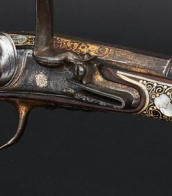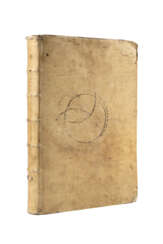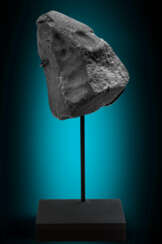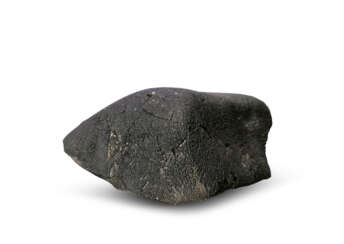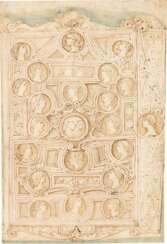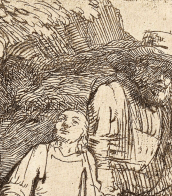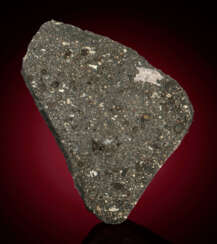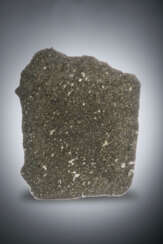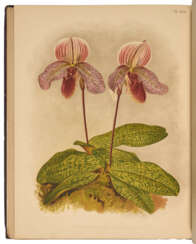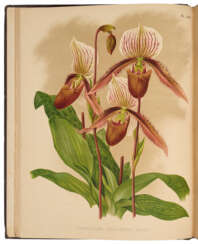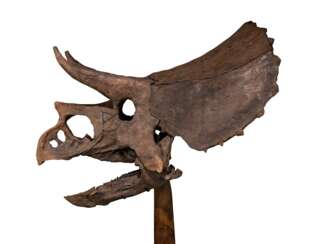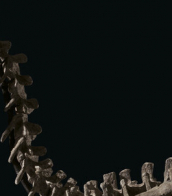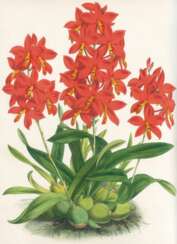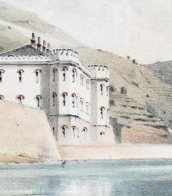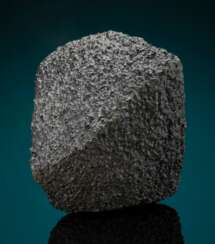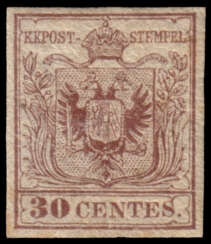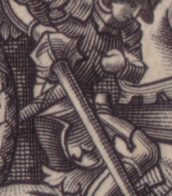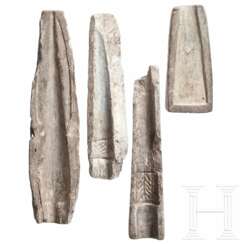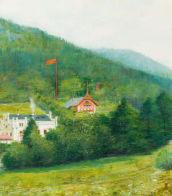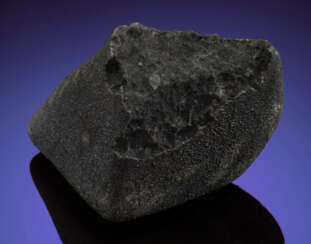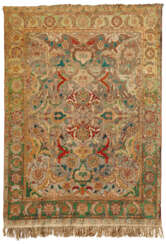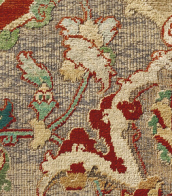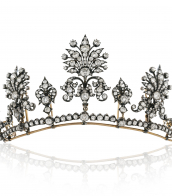aceo
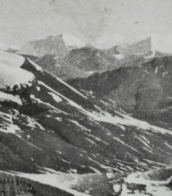

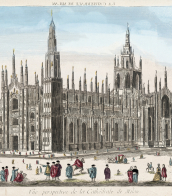
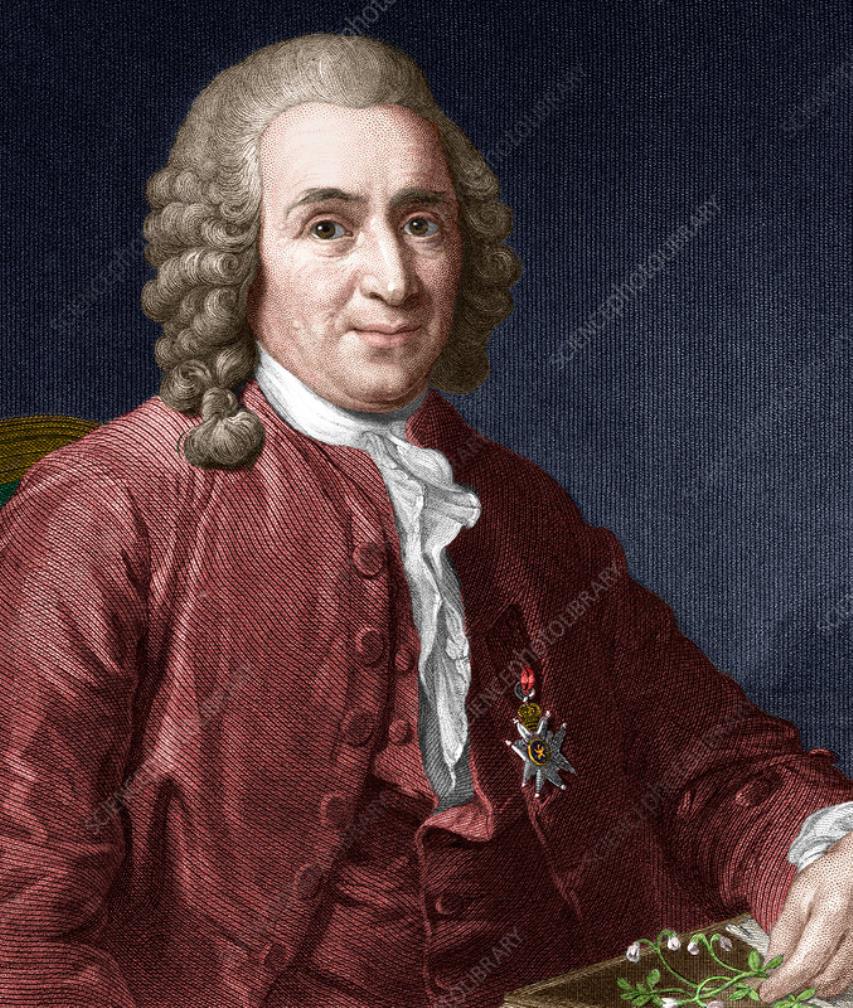
Carl Linnaeus was a Swedish naturalist, botanist and physician.
Carl Linnaeus created a unified system of classification of flora and fauna, in which he summarized and organized the knowledge of the entire previous period of development of biological science. He was the first to formulate the principles of definition of living beings of natural nature and created a unified system of their names, binary nomenclature. Linnaeus' book "The System of Nature", first published in 1735, is one of the most important books in the history of science and practically opened the classification of plants and animals.
Linnaeus was a professor at Uppsala University for many years, and he is also valued in Sweden as one of the creators of the literary Swedish language in its modern form. In addition to his work in botany and scientific classification, Linnaeus led many activities for the betterment of his native country. He was also involved in the establishment of the Royal Swedish Academy of Sciences.

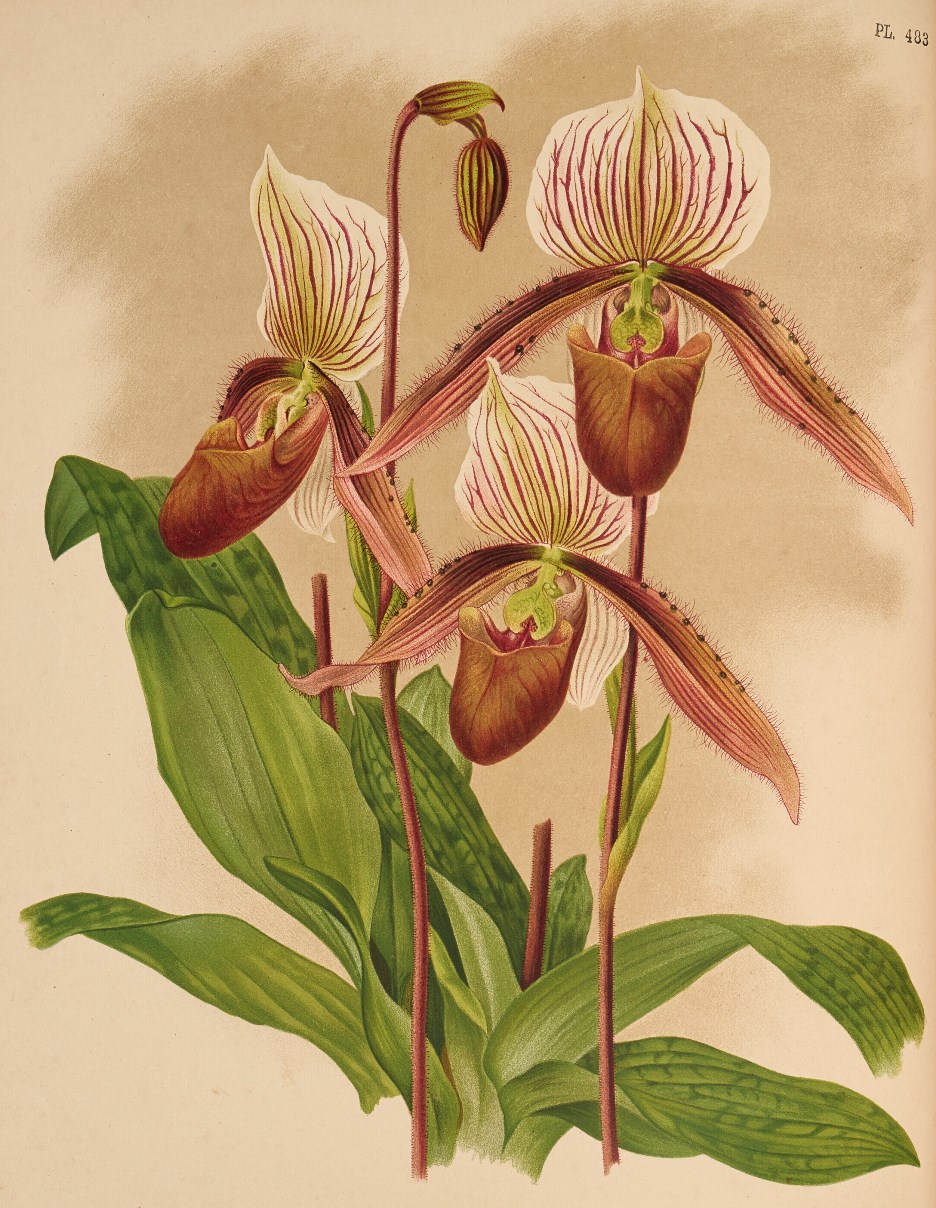
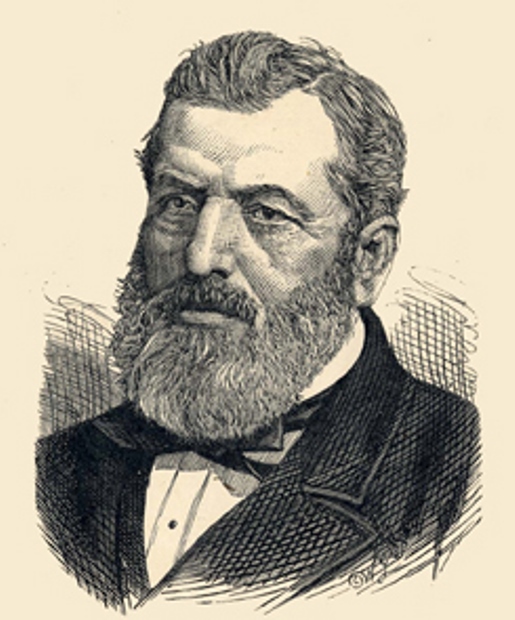
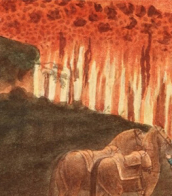
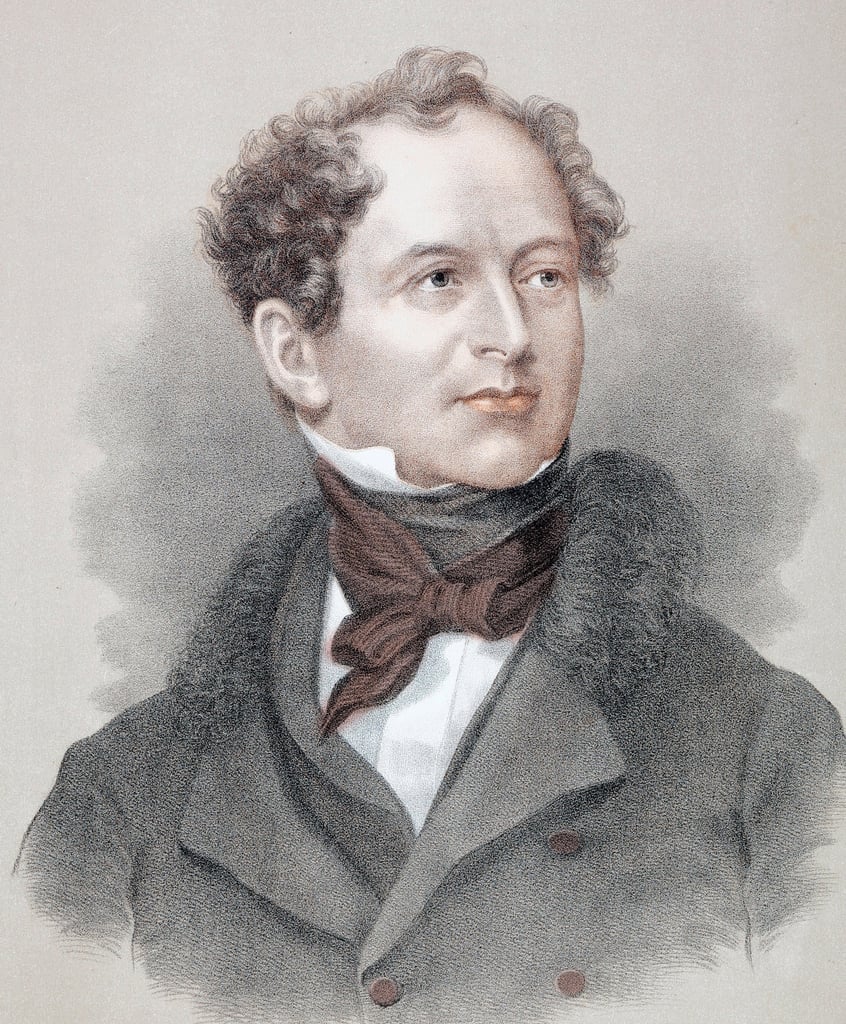
Thomas Moore was a British poet, songwriter and composer, a representative of Irish Romanticism.
Thomas graduated from Dublin University, from the age of 14 he collaborated with various Dublin journals. In 1800 he published his "Odes of Anacreon", and a year later - a collection of Poems by the late Thomas Little ("Poems by the late Thomas Little") and became widely known. Visiting the United States, Moore published a collection of poems, where he spoke about this country very sharply.
In 1812, Thomas Moore met Byron, became his close friend and wrote one of the best biographies of him, published in 1835. Moore's most famous works are "The Last Rose of Summer" and the collection "Irish Melodies" (1807-1834), which brought him a stable income for many years. In Russia, however, he is known primarily for the poem Those evening bells from the collection published in 1818. The poem was translated by Ivan Kozlov, and it turned into the famous and beloved song "Evening Bells".



